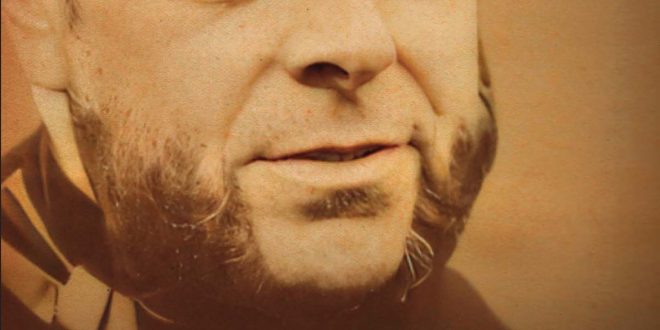Philip Henry Gosse is one of those figures you stumble upon and can’t help but be intrigued by. A naturalist with a sharp mind, yet a devout believer in the Plymouth Brethren – how did that even work? Douglas Wertheimer’s biography promises to unpack this complex man, and honestly, I was eager to see how well it would tread that delicate line between science and faith. This review will journey through Wertheimer’s portrayal of Gosse, pointing out what shines, what maybe could’ve been explored a bit more, and overall, whether it’s a biography worth picking up.
Gosse the Naturalist: A Pioneer of Marine Biology
Early Influences and Scientific Development
Gosse’s journey into naturalism wasn’t some straight shot. Wertheimer paints a picture of early influences that sparked a lifelong curiosity. I mean, haven’t we all had those moments as kids, poking around in gardens and tide pools? But Gosse took it further, meticulously observing and documenting, laying the groundwork for his future scientific pursuits. It’s fascinating to see how these early experiences shaped his perspective, and Wertheimer does a solid job of connecting those dots.
Contributions to the Study of Marine Life
You know, before the fancy equipment and underwater cameras, there were guys like Gosse, patiently observing and illustrating marine life. His contributions were significant. He wasn’t just some amateur enthusiast; he was a pioneer in marine biology. Wertheimer highlights Gosse’s meticulous work, showing you the detail and dedication he poured into understanding the underwater world. It makes you appreciate how much we’ve learned thanks to these early naturalists, doesn’t it?
The Religious Context: Faith and Science in Conflict
Gosse’s Devout Plymouth Brethren Beliefs
Okay, here’s where it gets interesting. Gosse wasn’t just any believer; he was deeply committed to the Plymouth Brethren. Now, if you’re not familiar, they held some pretty strict interpretations of the Bible. Wertheimer delves into this aspect of Gosse’s life, showing how his faith was central to his identity. But here’s the kicker: how did he reconcile that unwavering faith with the emerging scientific discoveries of the time? It’s a question that Wertheimer tackles head-on.
The “Omphalos” Controversy: Reconciling Faith and Geology
Ah, “Omphalos.” This is where Gosse really stirred the pot. In an attempt to reconcile the geological evidence for an old Earth with a literal interpretation of Genesis, he proposed that God created the Earth with the appearance of age. Think about that for a second. It’s a bold move, right? Wertheimer explores the controversy surrounding this idea, showing you the reactions from both the scientific community and the religious world. Did it work? Well, not really. But it’s a fascinating example of the lengths Gosse would go to in order to harmonize his faith and his scientific understanding. It’s a chapter that really makes you think about the challenges of holding seemingly conflicting beliefs.
Wertheimer’s Biographical Approach
Strengths of the Biography: Depth and Nuance
Wertheimer doesn’t shy away from the complexities of Philip Henry Gosse. He presents a nuanced portrait, showing you both the brilliance and the struggles of the man. It’s not just a hagiography; it’s a balanced exploration. The depth of research is evident, and Wertheimer manages to weave together the scientific and religious aspects of Gosse’s life in a compelling way. You really get a sense of the internal conflicts he faced, and that’s a testament to Wertheimer’s skill as a biographer.
Potential Weaknesses: Areas for Further Exploration
Now, no biography is perfect, right? While Wertheimer covers a lot of ground, I couldn’t help but wonder if some aspects could have been explored further. Maybe a deeper dive into the personal relationships or perhaps a more critical analysis of the scientific validity of some of Gosse’s theories. But hey, that’s just me being picky. Overall, it’s a well-rounded biography, but there’s always room for future scholars to dig even deeper. It could also be my personal interest, maybe you will find everything you need!
So, what’s the verdict? Wertheimer’s biography offers a valuable contribution to understanding Philip Henry Gosse. It sheds light on the life of a fascinating figure who straddled the worlds of science and religion. It’s a book that will make you think about the challenges of reconciling faith and reason, and it will give you a newfound appreciation for the pioneers of natural history. If you’re curious about Gosse, or even just interested in the intersection of science and religion in the Victorian era, this biography is definitely worth a read. Maybe you’ll find yourself pondering the same questions that plagued Gosse himself. Who knows, right?
 Cloudabouts
Cloudabouts




